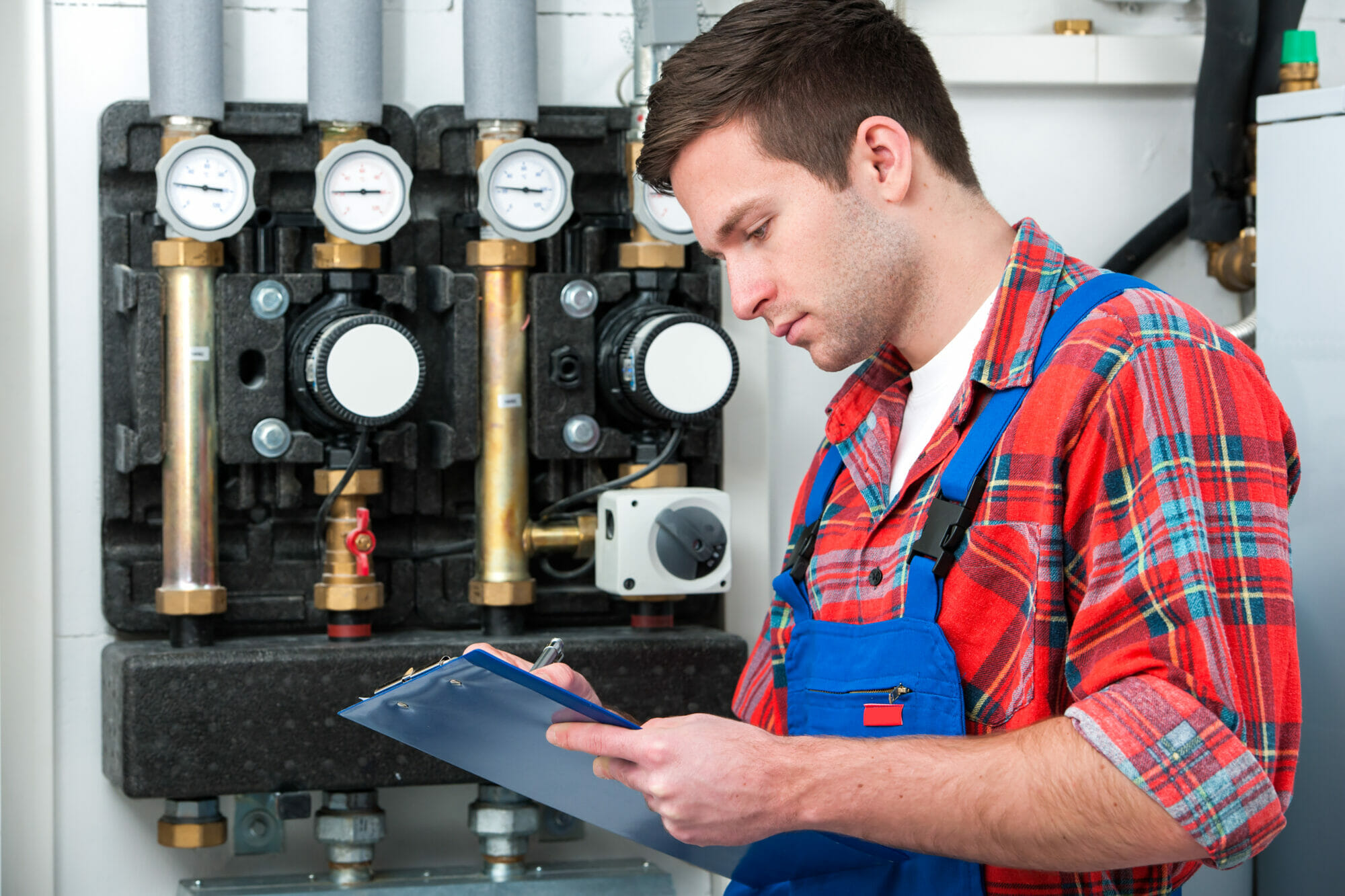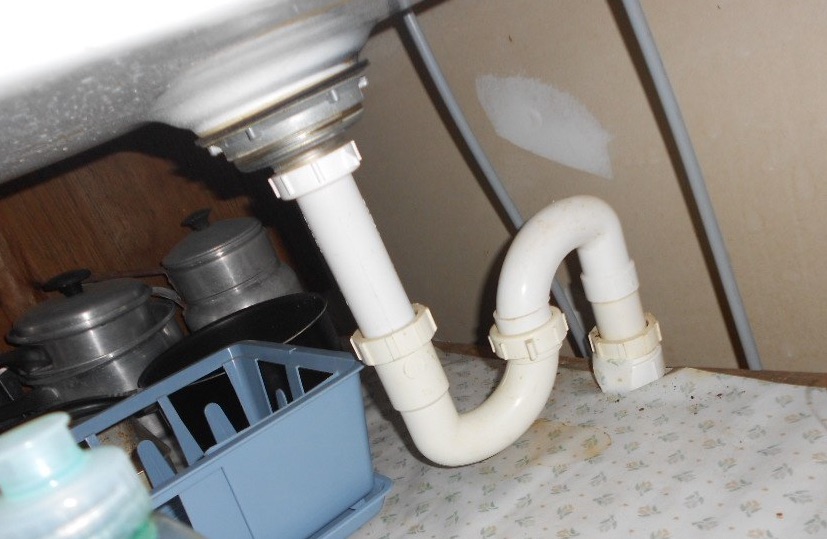The Reason Why Correct Ventilation is Crucial in Plumbing Systems
The Reason Why Correct Ventilation is Crucial in Plumbing Systems
Blog Article
How do you actually feel on the subject of What Is a Plumbing Vent and Why Is It Important?

Appropriate ventilation in pipes systems is usually forgotten, yet it is essential for maintaining the functionality and safety and security of your home's pipes. Ventilation helps regulate atmospheric pressure, protect against the buildup of harmful gases, and ensure the efficient removal of waste. In this guide, we will discover the relevance of correct plumbing air flow, just how it functions, and the benefits it brings to your pipes system.
Understanding Ventilation in Pipes
Ventilation in plumbing refers to the network of pipelines that enable air to stream via the drain system. These vents offer numerous objectives, including regulating air pressure within the pipelines, protecting against sewage system gases from going into the home, and aiding in the smooth circulation of wastewater.
Just How Ventilation Works in Pipes Equipments
Air Pressure Law
Appropriate ventilation keeps balanced atmospheric pressure within the pipes system. When water streams through pipes, it displaces air. Without ample ventilation, this displacement can create adverse stress, leading to slow drains pipes or siphoning of water from catches, which can cause undesirable smells to leak into the home.
Stopping Sewage System Gas Accumulation
Among one of the most vital functions of pipes vents is to avoid drain gases, such as methane and hydrogen sulfide, from gathering within the home. These gases can pose serious health threats and are extremely flammable. Vent pipes allow these gases to run away safely outside.
Helping in Waste Elimination
Air flow aids in the efficient elimination of wastewater by protecting against airlocks in the water drainage system. When air can stream freely via the vents, it permits water and waste to stream smoothly via the pipes, reducing the threat of blockages and backups.
Kinds Of Plumbing Vents
Key Stack Vent
The major stack air vent, also called the vent stack, is the main vent in a plumbing system. It extends from the major drainpipe align with the roof, enabling gases to leave and fresh air to go into the system.
Branch Vent
Branch vents link to the main stack air vent and offer specific components, such as sinks, commodes, and showers. These vents make sure that each component has sufficient air flow to operate effectively.
Air Admission Valve (AAV).
An Air Admittance Valve (AAV) is a one-way shutoff that permits air to enter the pipes system without the need for a conventional vent pipeline extending via the roof. AAVs are typically made use of in restorations or areas where mounting a common vent is unwise.
Indications of Poor Air Flow in Pipes.
Slow Draining Fixtures.
If your sinks, tubs, or commodes are draining pipes gradually, maybe a sign of poor ventilation. Inadequate air flow can develop a vacuum cleaner result, making it hard for water to drain correctly.
Gurgling Seems.
Gurgling audios coming from drains pipes are often a result of air being sucked via water catches as a result of adverse pressure in the pipes. This is a clear indicator of not enough ventilation.
Undesirable Odors.
Sewage system smells inside your home are a red flag that your plumbing system is not correctly aerated. This can indicate that sewer gases are not being appropriately vented outside, causing potentially harmful problems.
Typical Ventilation Blunders.
Poor Vent Sizing.
Utilizing small vent pipelines can lead to poor air flow and pressure imbalances in the system. It's necessary to use vents that meet the details needs of your plumbing system.
Improper Vent Placement.
Positioning vents as well far from the components they serve can lower their efficiency. Proper positioning makes sure that air can flow easily and efficiently through the system.
Disregarding Code Demands.
Building codes supply specific guidelines for pipes ventilation. Neglecting these codes can cause a system that falls short to work appropriately and may cause pricey repair services or carcinogen.
Advantages of Appropriate Ventilation.
Enhanced System Efficiency.
Appropriately aerated pipes systems operate much more successfully, with less clogs, faster draining, and much less stress on the pipelines. This performance expands the life-span of the plumbing system.
Improved Air Quality.
By avoiding sewer gases from entering your home, proper ventilation adds to far better indoor air high quality, making your living atmosphere healthier and much more comfortable.
Preventing Water Damage.
Sufficient ventilation aids stop water from being siphoned out of traps, which can result in sewage system gases going into the home and creating water damage with time.
Actions to Make Sure Appropriate Ventilation.
Consulting Plumbing Codes.
Constantly consult neighborhood plumbing codes when designing or customizing your plumbing system. These codes offer the necessary standards for proper venting and guarantee your system meets security criteria.
Normal Evaluation and Maintenance.
Routine examinations can aid recognize possible air flow concerns prior to they come to be significant issues. Maintenance tasks, such as cleaning air vent pipelines and looking for obstructions, are necessary for keeping the system in good working order.
Professional Installation.
For brand-new installments or major modifications, it's important to employ an expert plumbing. They have the competence to guarantee the air flow system is appropriately designed and set up according to code.
Verdict.
Proper air flow is a crucial element of any type of plumbing system, making certain that it works effectively and securely. By recognizing the value of air flow, recognizing the indicators of poor air flow, and taking actions to maintain your system, you can protect against expensive problems and shield your home's air quality.
Why Proper Ventilation Is Important In Buildings
According to ASHRAE (American Society of Heating, Refrigerating and Air-Conditioning Engineers), ventilation is defined as the process of supplying outdoor air to or removing indoor air from a dwelling by natural or mechanical means. Such air may or may not have been conditioned.
It’s notable that, in addition to its meaning in the field of engineering, the term is also used in biology. Merriam-Webster defines ventilation as: the circulation and exchange of gases in the lungs or gills that is basic to respiration.
service technichian checking ventilation
At a high level, the combination of these two definitions explains why it’s so important for buildings to have proper ventilation—the health and comfort of the occupants and visitors who rely on a building’s HVAC system to make clean, conditioned air available for people to breathe. And, when a building has proper ventilation, there are many specific benefits that building occupants enjoy.
Below we explain the downside of inadequate air movement and the upside of a well-designed, optimally functioning HVAC system.
How Poor Ventilation Can Hurt Your Business
Low air quality does more than simply make a space less comfortable for occupants. It can impact a business in a variety of ways. For example, there are health risks for employees from breathing “bad” air throughout their day.
According to the Environmental Protection Agency (EPA): A number of well-identified illnesses, such as asthma, hypersensitivity pneumonitis and humidifier fever, have been directly traced to specific building problems. These are called building-related illnesses. Most of these diseases can be treated; nevertheless, some pose serious health risks and may require prolonged recovery times after leaving the building.
Even if occupants don’t become ill due to poor building ventilation, there can be other consequences. Working in a space that is too warm and humid can make people less productive, for example. And, if the conditions in a building are continually uncomfortable, it can make it harder to hire and retain employees. Plus, customers and clients prefer not to spend time in spaces that have stagnant air, which can hurt a business.
Benefits of the Right HVAC System
Improved temperature control. In order for an HVAC system to heat or cool the air in a space appropriately, that air must flow through the heating or air conditioning system. When that movement takes place, the temperature in rooms throughout a building can be highly controlled to ensure that they don’t get too warm or too cold. Improved humidity control. The amount of moisture in the air plays a major role in how comfortable indoor air is. Too much, and everything from a person’s skin to work surfaces feel damp and clammy. Too little, and dry, itchy skin and excessive static electricity can be the result. Adequate ventilation enables HVAC systems to manage humidity levels more effectively. Increased productivity. Employees who don’t feel drowsy because of a lack of ventilation air are able to stay focused on their work, and that benefits your customers and your business. Reduced sick time. When employees are ill, they suffer and the company suffers. Continually requiring people to “pitch in” and cover for a sick coworker is stressful for them. It can also be frustrating for customers to have the person they typically work with unavailable. Good indoor air quality supports better health, which means your company can be operating at full capacity more of the time. Happier customers and other visitors. People don’t want to spend time in a building that is uncomfortable. And, unfortunately, they typically won’t tell you why they’re reluctant to visit. On the flip side, when meeting rooms and other spaces are always at the right temperature and humidity, with good air flow, customers and other visitors find it much more enjoyable to spend time at your location. More desirable space for potential renters. For building owners, well-ventilated space is much easier to rent than a building with stale, damp, or smelly air. All other factors being equal, renters are more likely to sign a contract for the more comfortable of two spaces. Better Building Ventilation: Getting Started Is Easy
Especially when a building has multiple air quality problems—temperature control, humidity, odors, etc.—it can feel like resolving them is an insurmountable task or that “there’s no way to know” what’s causing all the issues. However, the truth is that there is a science to improving indoor air quality.
Our HVAC experts can take the mystery out of an air quality problem, quickly pinpointing the cause or causes and recommending a solution for resolving them. In many cases, minor repairs or enhancements to existing equipment are all that is required. And, even if the installation of new or better equipment is necessary, we can handle that efficiently and cost-effectively, as well.
In any event, the first step is contacting Timberline Mechanical to explain the “symptoms” of poor ventilation that occupants are reporting. We can then talk with you about possible causes and how we can address them. Whether you choose to schedule a project at that point or not, having some insight on the challenges you’re facing can be very helpful.
We can also discuss system maintenance best practices. Often, air quality problems can be prevented with regular service and preventive maintenance. Building owners and property managers find that the small expense of keeping their HVAC systems functioning optimally pays off in preventing costly system repairs or equipment replacement down the road.
And, of course, implementing an effective, intelligent HVAC solution in the first place is the best way to prevent problems. That’s why owners and general contractors come to us early in the building process. We collaborate with them to develop a solution that will ensure proper ventilation and excellent indoor air quality that delivers tremendous benefits for occupants and visitors.
https://www.timberlinemechanical.com/why-proper-ventilation-is-important-in-buildings/

I came across that article on What Are Plumbing Vents and Why Are They Important? when doing a lookup on the internet. Sharing is caring. One never knows, you will be helping someone out. Thank you so much for taking the time to read it.
Set Up An Appointment Report this page